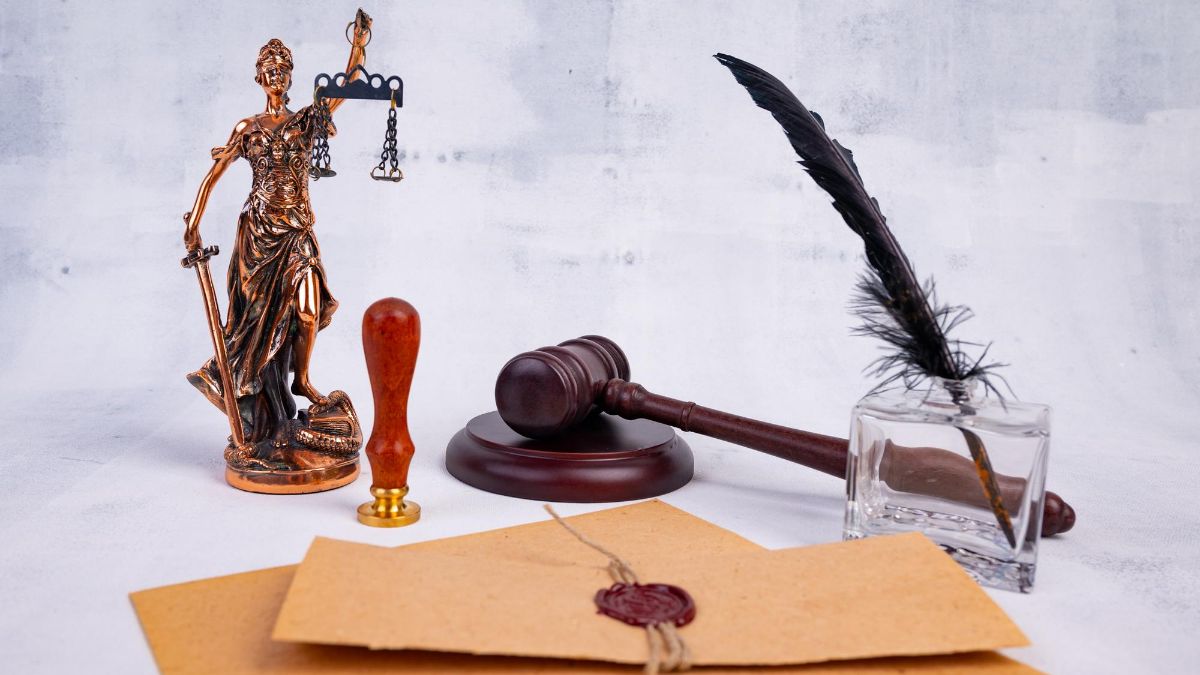
When an individual passes away, wills and probate become an essential part of sorting an estate on behalf of the relatives left behind. Ideally, a will has been made beforehand to make the distribution of assets easier. This is something that a professional lawyer, like Paul V. L. Campo Attorney at Law, can help with at any stage of the process.
During this article, we shall cover what wills and probate are, why they’re important, and how to create them to protect your family and property.
Defining a Will
A will is a legally binding document that outlines how you wish for your estate to be distributed after death. In this document, an individual – the testator – specifies who will receive their assets and property, as well as designating any guardians for children who are minors, and trustees to manage estates until those children reach adulthood. They can also include instructions for funeral arrangements and any other special requests.
Wills are perhaps some of the most familiar legal documents because they are something that is written without any wrongdoing in respect of the law. They are about protecting your loved ones and are considered a very good idea. Do not wait until you are older, either, because nobody knows what life has in store for them.
Probate
Probate is a court-supervised and legal process by which wills are legally validated and estates distributed according to their wishes. The probate court appoints an executor – usually a family member or close friend – to oversee the administration of the estate and make sure that wills are properly carried out.
A lawyer can direct the probate process so that it runs smoothly through the courts. Legal teams who are knowledgeable about such documents will know what needs to be done to ensure that the wishes of the deceased are granted. There is no point in having a will if it is not then dealt with correctly. It is good that there is a proper and due legal process so that this can happen, based on your explicit instructions.
Creating a Will
Creating a will is an important step in protecting your family and property after death. To create one, you’ll need to have all of the necessary documents prepared and signed by witnesses. It’s also important to make sure that the document is kept up-to-date, as life changes such as marriage or the birth of children, can affect wills.
This legal document can specify where you want your money or property to be distrusted upon death. Property can include real estate and objects of significance or value that you own. For example, you might want certain heirlooms to go to specific relatives. Rather than give them to relatives while still alive, this can be all sorted out later as part of a will. You just need to let your lawyer know what your wishes are. These can extend to whether you desire to be buried or cremated and how the funeral should be conducted.
We can have the same amount of power in death that we had while alive, and that is all thanks to creating a will.
Conclusion
Understanding wills and probate is an important part of estate planning. Wills are the most efficient way of having your assets distributed after death. Whereas, probate is the court-supervised process for validating wills and administering estates according to your wishes.
Creating wills is a key step in protecting your family and property, so make sure to have all of the necessary documents by a legal representative and correctly signed by your witnesses following legal procedures, so that your wishes can be upheld.
With the correct wills and probate in place, you can be confident that your loved ones are taken care of after you are gone.




